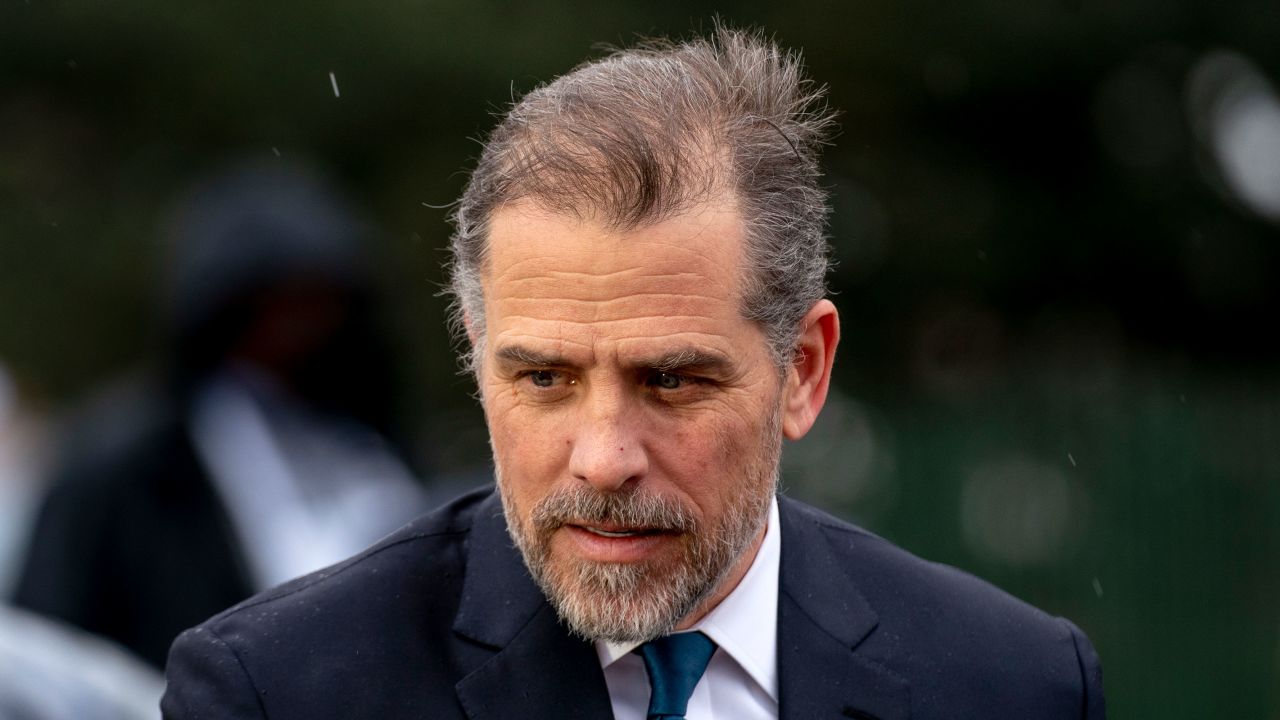
In the wake of the 2020 presidential election, the topic of presidential pardons has been thrust into the spotlight. One particular case that has garnered significant attention is that of Hunter Biden, the son of President Joe Biden.
Hunter Biden has been the subject of allegations of various misdeeds, including:
- Drug use and addiction: Hunter Biden has openly admitted to struggling with substance abuse.
- Tax fraud: In 2022, Hunter Biden reached a settlement with the IRS to resolve tax issues related to his business dealings in China.
- Business dealings in Ukraine and China: Hunter Biden held positions on the boards of various foreign companies, raising concerns about potential conflicts of interest during his father’s vice presidency.
- Paternity lawsuit: In 2019, Hunter Biden was sued for paternity by a woman claiming to be the mother of his child.
The power of the president to grant pardons is enshrined in Article II of the U.S. Constitution. Presidential pardons can be granted for federal offenses and can be either full or conditional.
The pardon process is complex and involves several steps. The Department of Justice typically reviews pardon applications and makes recommendations to the president, who has the ultimate authority to grant or deny pardons.
The possibility of a presidential pardon for Hunter Biden has sparked a range of reactions.
Supporters of a pardon argue that Hunter Biden has already faced consequences for his alleged misdeeds and that a pardon would be in the best interests of the Biden family and the country.
Opponents of a pardon argue that Hunter Biden should be held accountable for his actions and that a pardon would send the wrong message about the rule of law.
The potential for a presidential pardon for Hunter Biden raises several ethical and political concerns.
Fairness and equal treatment: Critics argue that a pardon would create a perception of inequality before the law, with the president’s son receiving special treatment.
Political backlash: A pardon for Hunter Biden could have significant political implications, potentially damaging the reputation of the Biden administration and fueling public distrust.
The complexities surrounding what Hunter Biden did and the possibility of a presidential pardon present a challenging issue for President Joe Biden. The decision of whether or not to grant a pardon is a highly sensitive one, with both legal and political implications.
As the investigation into Hunter Biden’s alleged misdeeds continues, it remains to be seen if he will face criminal charges and whether President Biden will exercise his pardon power. The outcome of this case will have a significant impact on the national dialogue about presidential pardons and the rule of law.
